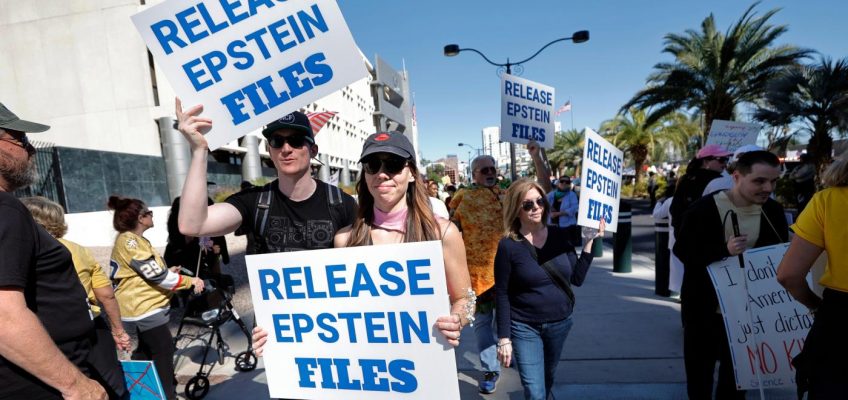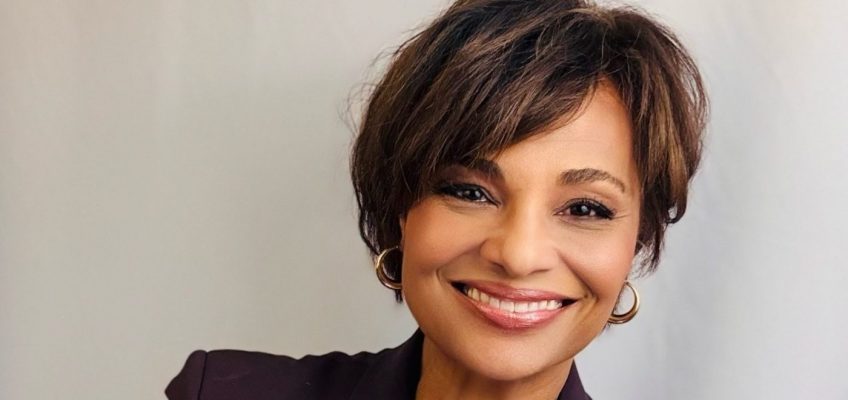The boo birds rained down from the home crowd on Sunday afternoon at U.S. Bank Stadium as J.J. McCarthy slowly trotted off the field. It was the first sign that the fan base has started to grow frustrated the development of the young quarterback.
Who could blame them?
The growing pains of McCarthy were once again on display as the Vikings struggled to get anything going against the Chicago Bears. That said, McCarthy saved his best for last, leading an impressive drive in the final minutes.
Not only did McCarthy show incredible poise while leading the Vikings down the field, he then showed a clutch gene by delivering a strike to Jordan Addison to give the Vikings the lead with 56 left.
That wasn’t enough to earn the Vikings a win, as the Bears got into field goal range following a long kick return, which set the stage for Cairo Santos to play hero with a 48-yard field goal as time expired.
It went down as a heartbreaking 19-17 loss for the Vikings that has left them with more questions than answers.
There was some foreshadowing on the opening drive of the game as McCarthy underthrew Addison deep downfield off play action, then airmailed Justin Jefferson near the sideline for what would’ve moved the chains.
It was a sign of things to come as McCarthy looked overwhelmed for prolonged stretches while only completed 16 of 32 pass attempts for 150 yards. Though he mixed in an good throw over the middle here in there, he more often made routine throws look like trying to solve a Rubik’s Cube while blindfolded.
It simply wasn’t good enough from a guy the Vikings selected with the No. 10 overall pick with hopes of him being the franchise quarterback.
That said, the Vikings still managed to take an early lead in the game, as McCarthy put together a solid drive that stalled out short of the end zone. That set up a field goal from Will Reichard that made it 3-0 in favor of the Vikings.
That prompted a good response from the Bears as they put together a lengthy 15-play drive that ended with a touchdown run by Kyle Monangai to make it 7-3.
The struggles of McCarthy started to rear their ugly head from there. He threw an interception on the next drive after climbing up a little bit too far in the pocket and getting hit while he released the ball.
Fortunately for the Vikings, the Bears couldn’t deliver the haymaker, settling for a field goal to make it 10-3.
There was still a chance for the Vikings to score some points before halftime, until McCarthy made yet another mistake, this time throwing an interception on a pass intended for Addison the end zone.
After a pair of field goals from the Bears made it 16-3 after halftime, the Vikings finally got a spark they desperately needed thanks to some complimentary football.
They got a couple of sacks by Dallas Turner and Andrew Van Ginkel on defense, a 42-yard punt return by Myles Price on special teams, then a touchdown run by Jordan Mason to cut the deficit to 16-10.
That set the stage for McCarthy to put the Vikings ahead in the final minute with his most impressive drive of the game that make it 17-16 with 56 second left in the game. That proved to be too much time as Devin Duvernay provided a 56-yard kick return that put the Bears on the edge of field goal range.
After a few runs up the gut, Santos walked onto the field, and put the ball through the uprights to finalize the score at 19-17.
Related Articles
The Loop Fantasy Football Update Week 11: Last-minute moves
Charley Walters: J.J. McCarthy auditioning to remain Vikings’ starter
Vikings/Bears predictions. Will J.J. McCarthy light up Chicago’s bad defense?
Vikings vs. Bears: What to know ahead of Week 11 matchup
How does J.J. McCarthy’s start to his career compare to some of his peers?




